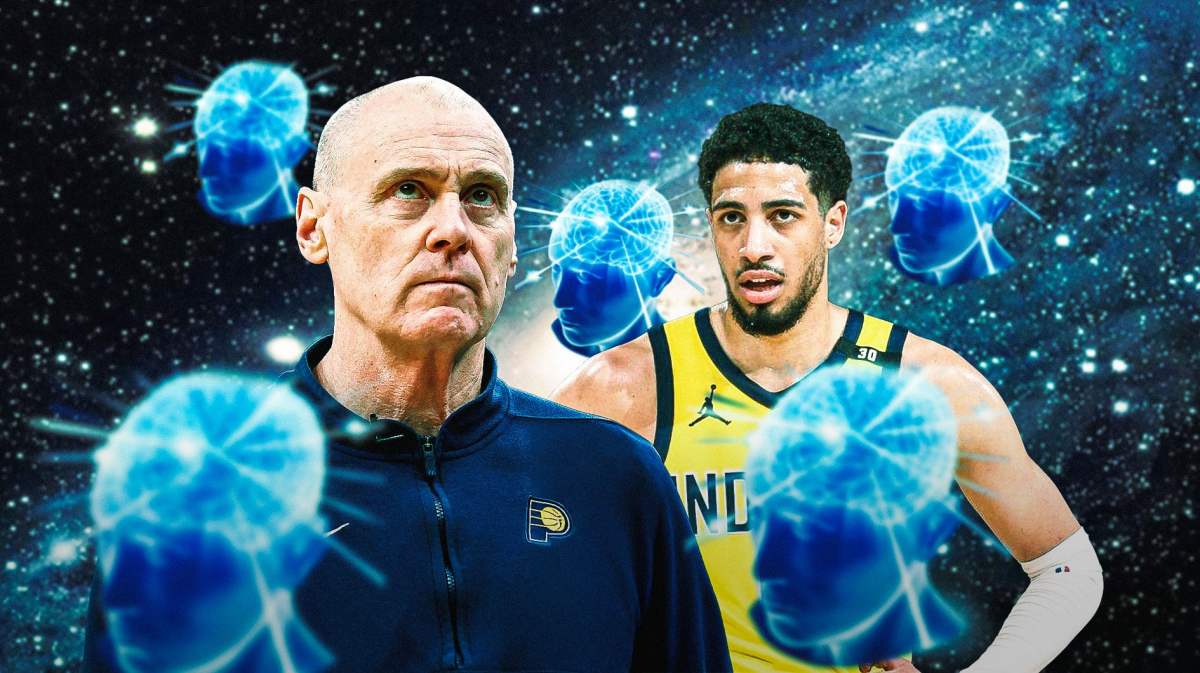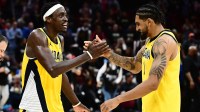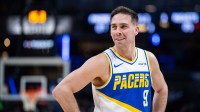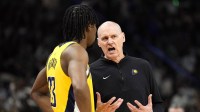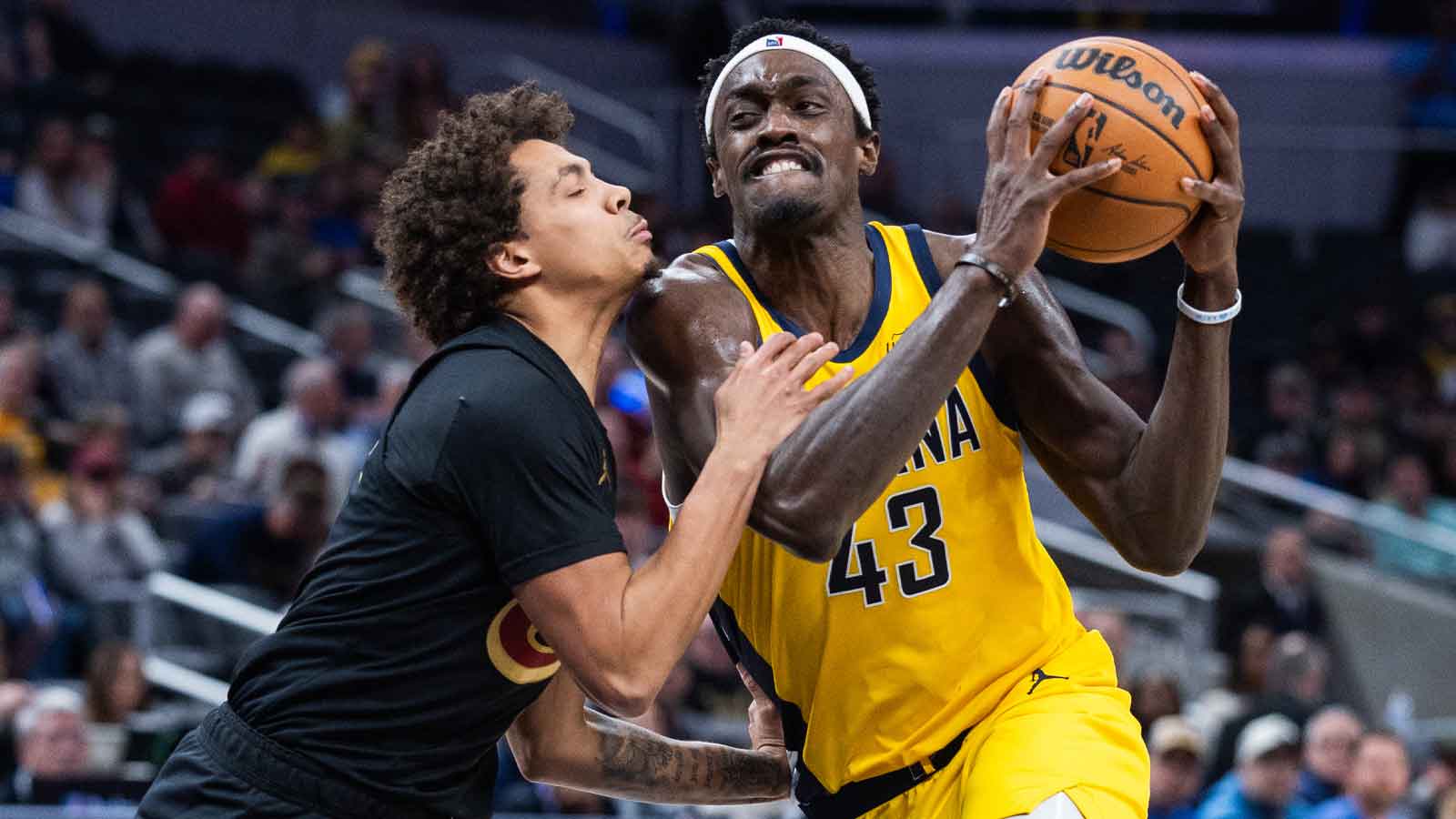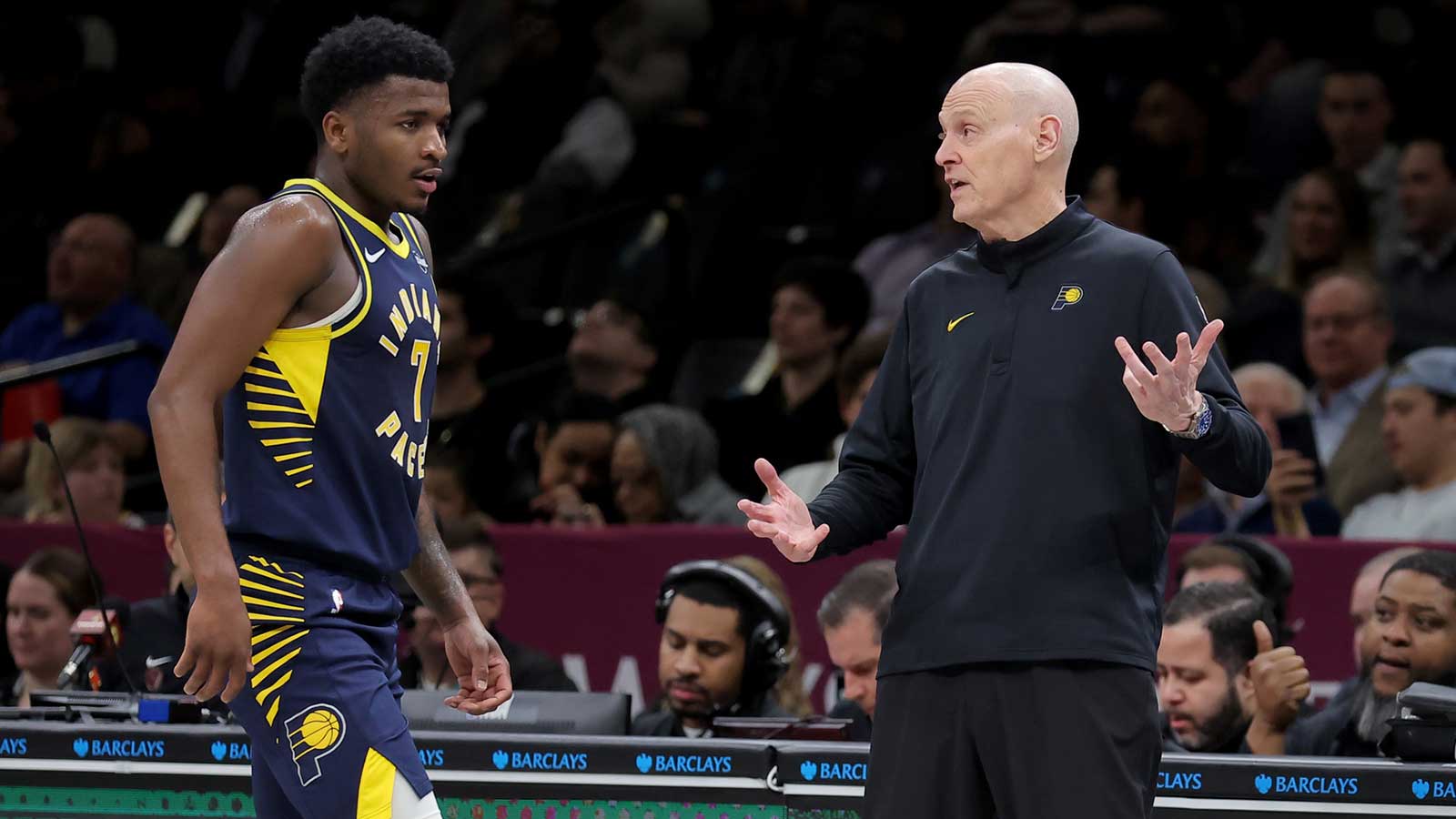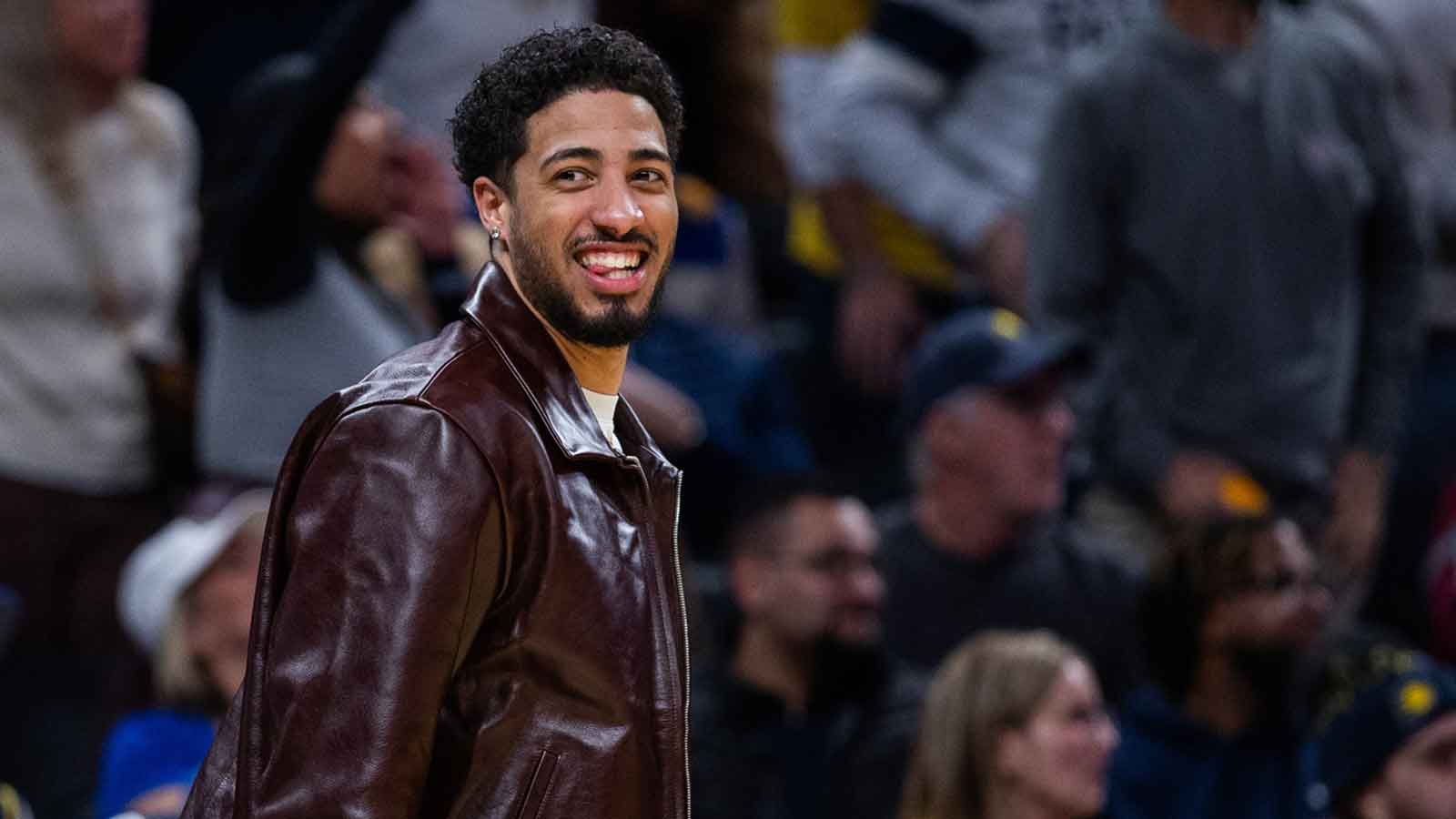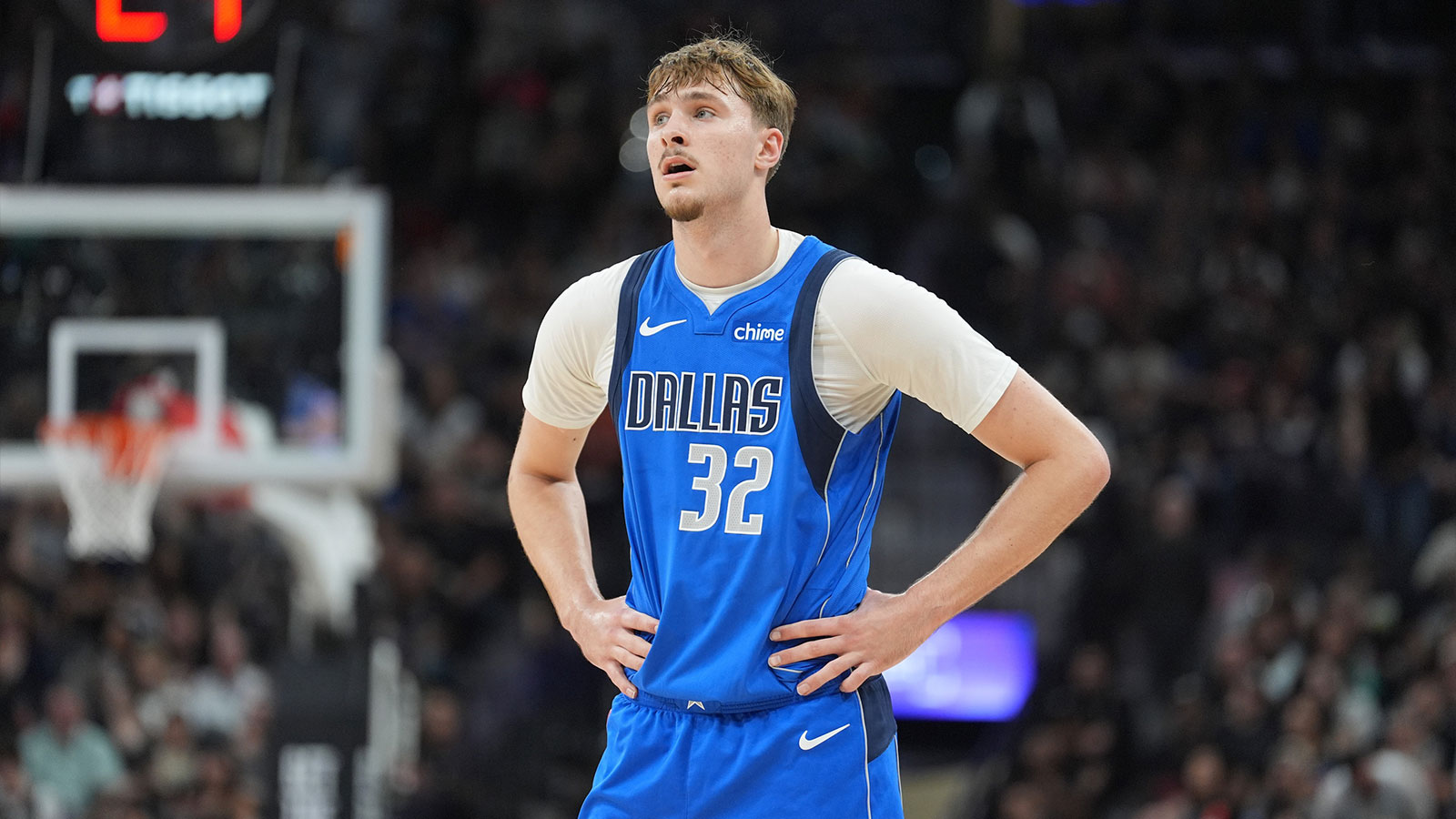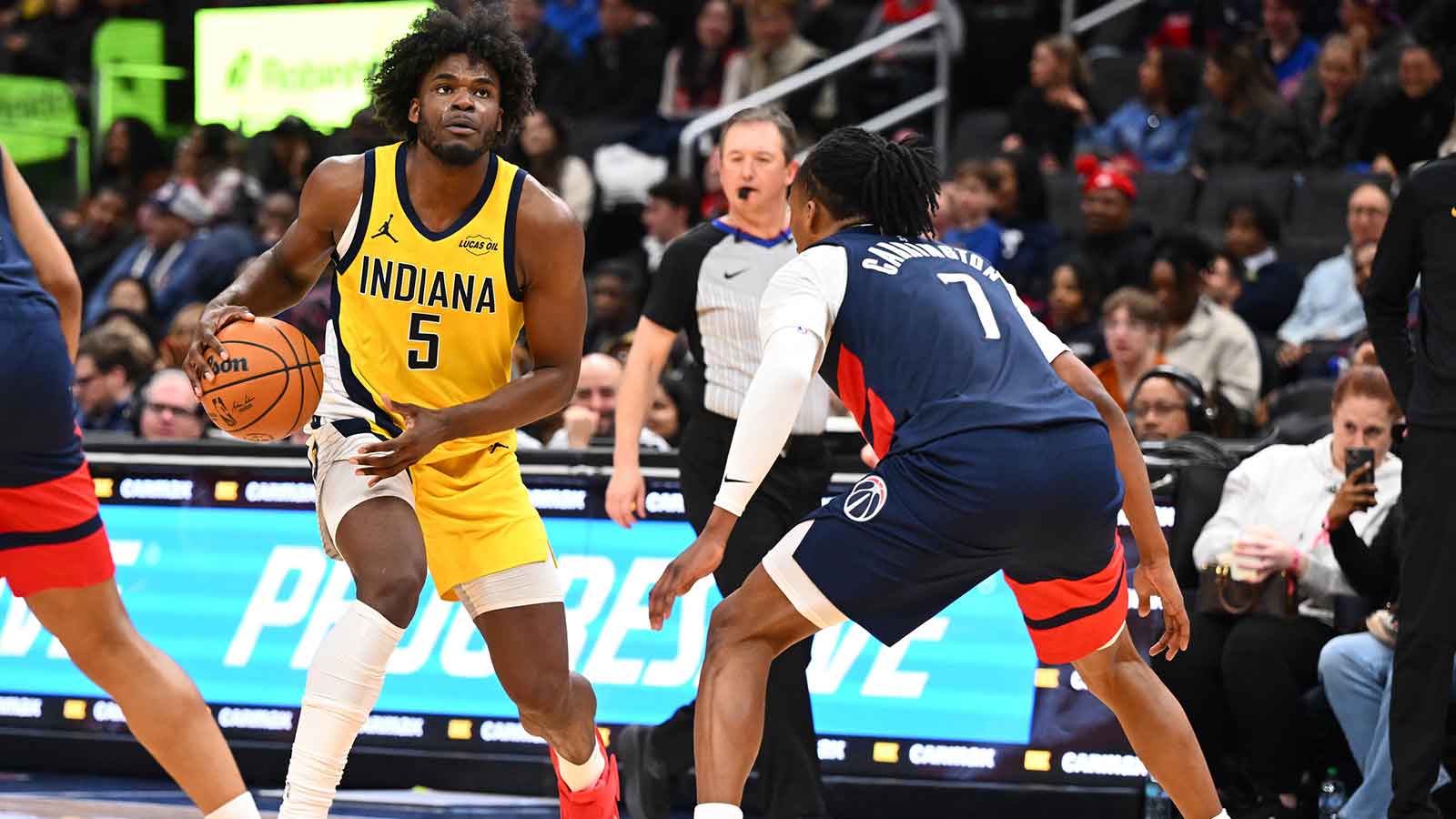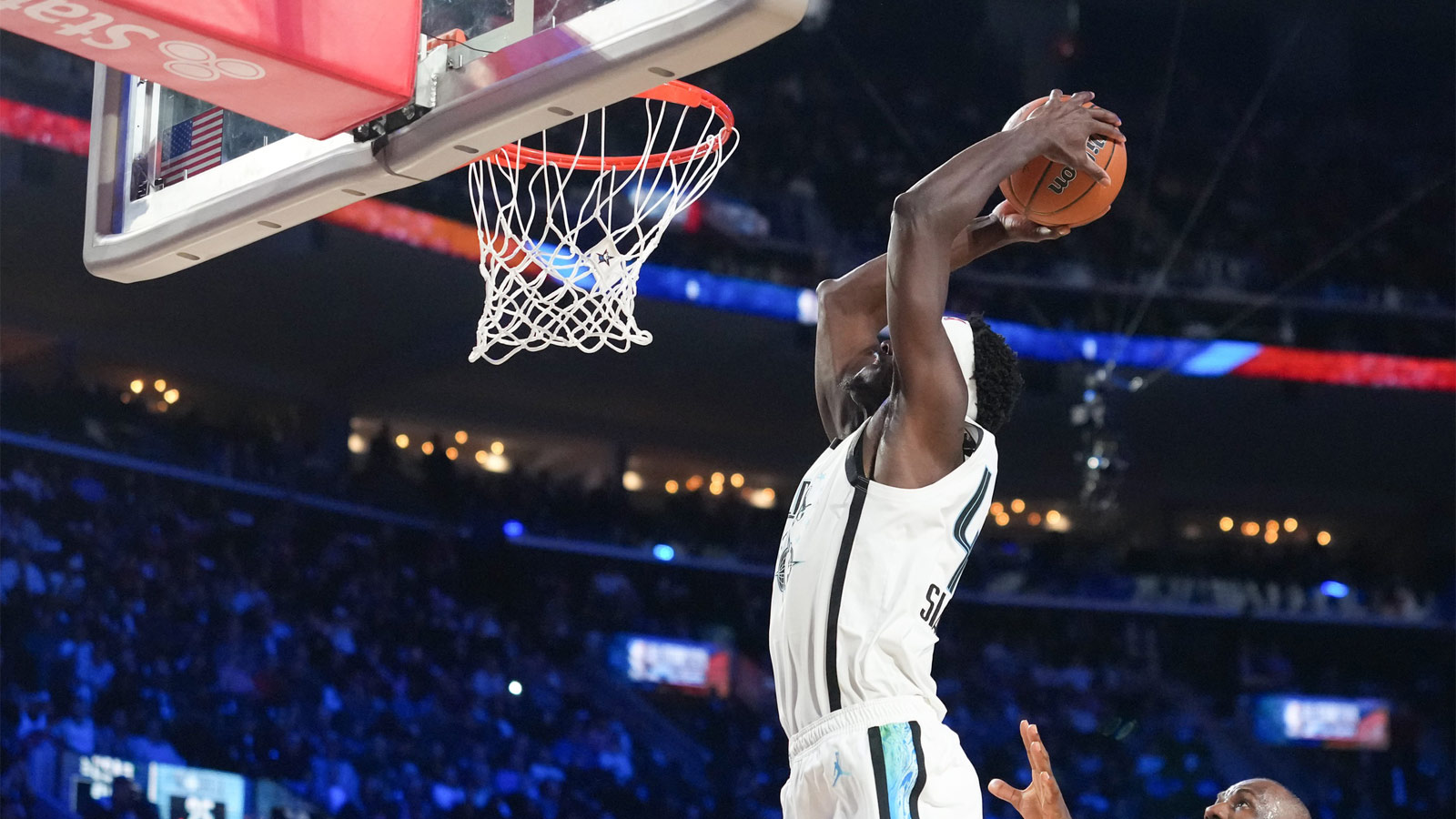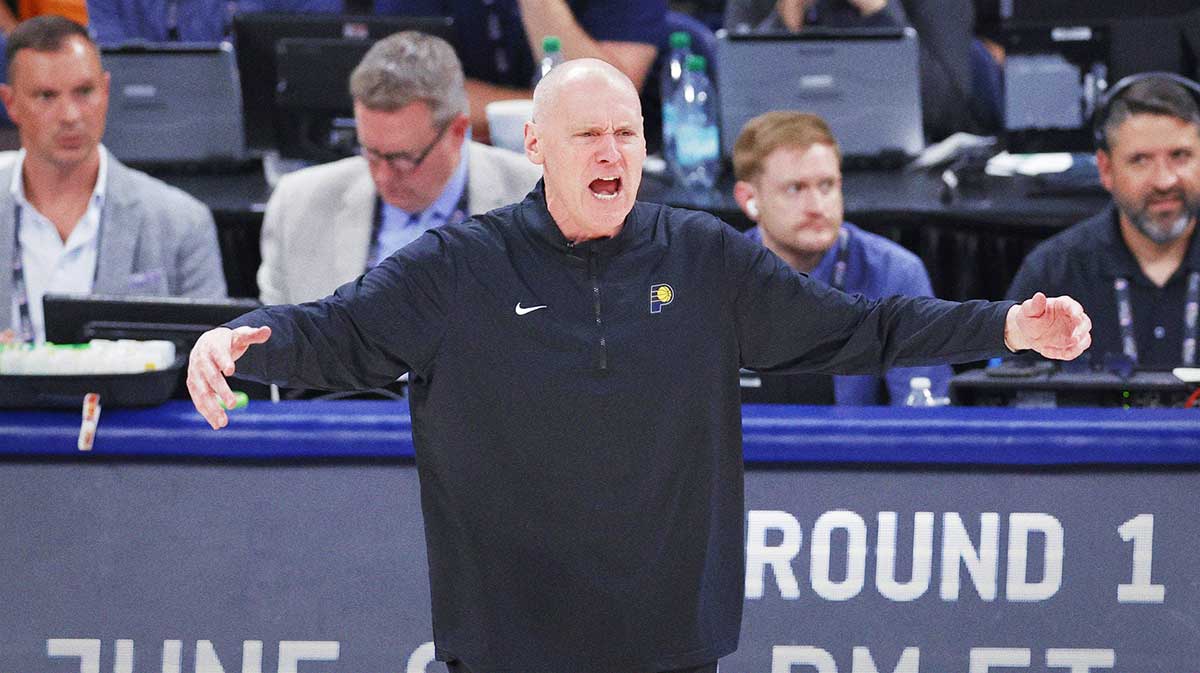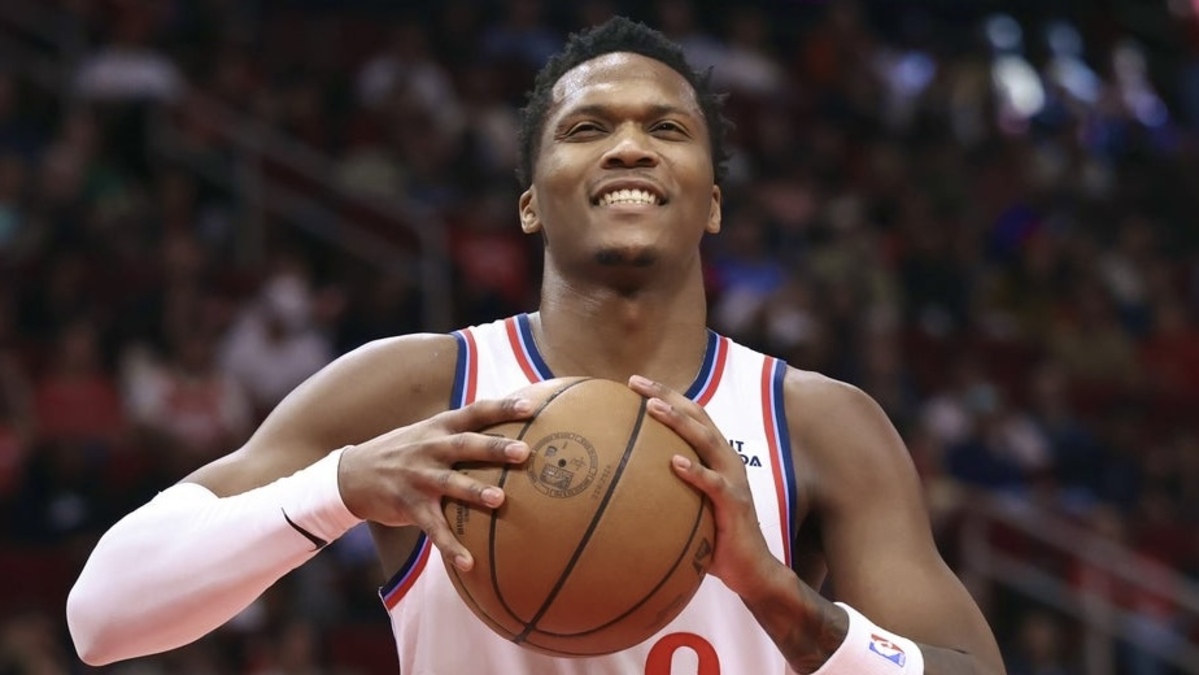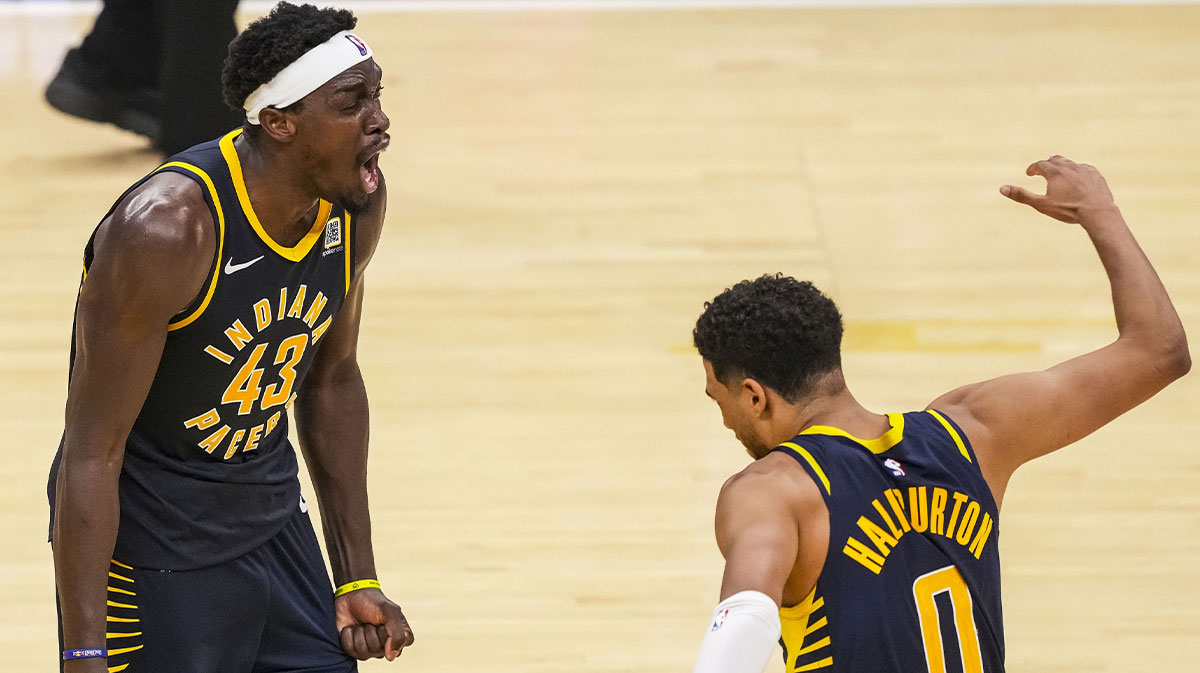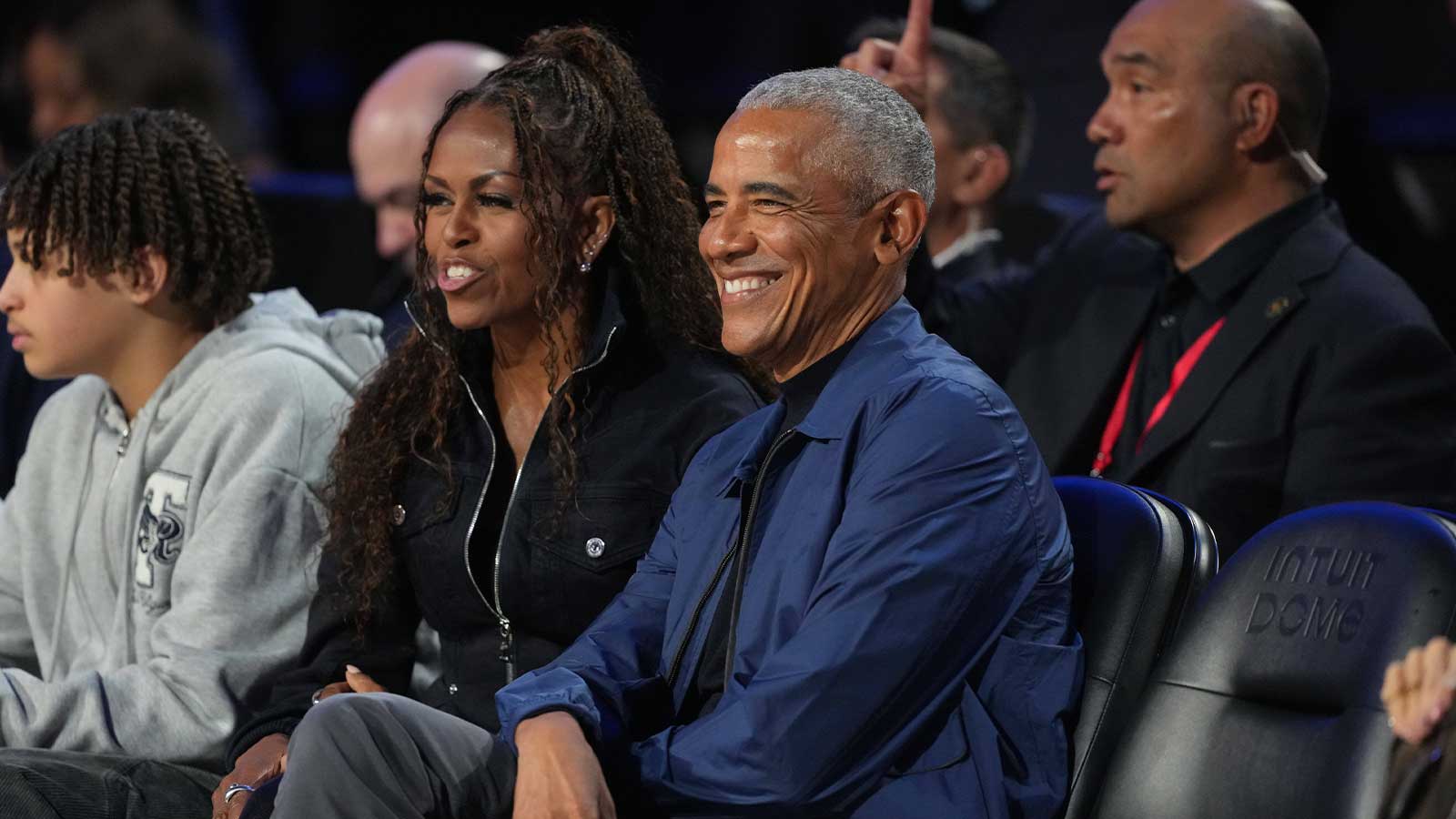Not too many expected the 2023-24 Indiana Pacers to make it this deep into the playoffs, but here they are, four wins away of a first trip to the NBA Finals since 2000. But what stands in their way in the Eastern Conference Finals is the Boston Celtics, the team that finished with the best record in the league this past season. The Celtics, despite not having Kristaps Porzingis, remain perhaps the most lethal team in the playoffs, having gone through a cakewalk in the first two rounds of the 2024 postseason.
But on Tuesday night, it seemed as though the Pacers will finally be the first team to pose a legitimate challenge to the Celtics. Boston, during the first two rounds, blew its opponent out of the water in Game 1, but there the Pacers were, hanging around like they have usually done in this year's playoffs. In fact, the Pacers almost stole, nay, earned a Game 1 victory, much to the surprise of fans, but instead, they were guilty of one costly meltdown after another as they suffered a brutal 133-128 loss in overtime.
Assigning blame for a loss that nearly everyone expected out of them may not be the best idea. The Celtics are the favorite to win the series, after all, and the Pacers are merely playing with house money in their first playoff run with Tyrese Haliburton as the star. But when you're only a few solid plays away from securing a road victory in the Conference Finals, there will be plenty of justifiable frustration as they let a very winnable game slip away from their grasp.
What was Rick Carlisle doing?
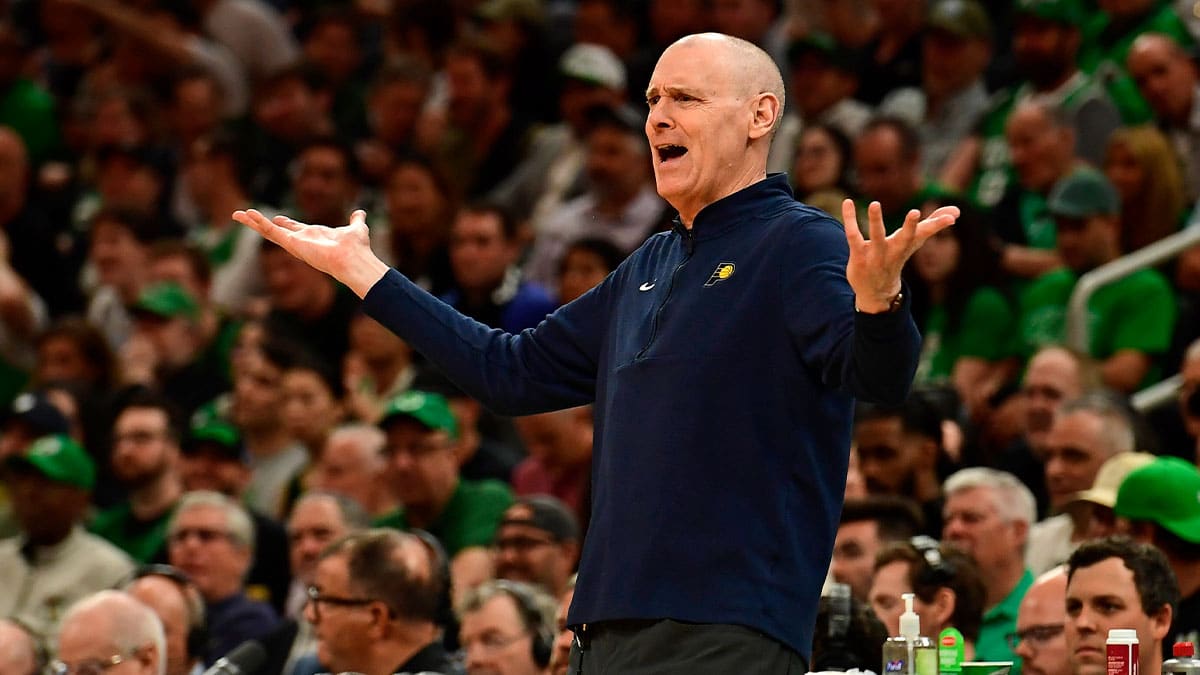
It can be disingenuous to blame the coach for a team's shortcomings. After all, the coach is not the one who executes plays on the basketball court. He is the man who draws up plays and tells the team what strategies they must deploy on the court. And for the Pacers, Rick Carlisle deserves plenty of credit. He pushed the right buttons as the Pacers took a 117-114 lead in the dying seconds of Game 1, and it was him that has turned the Pacers into a high-octane offensive unit by imploring them to push the pace (no pun intended) on every possession.
But it's safe to say that Carlisle did not have the best showing in the final 30 seconds of regulation during the Pacers' Game 1 loss to the Celtics. They were up by three with eight seconds left in the game; the Celtics took a foul and forced them to inbound from the backcourt. Now, the Pacers still had a timeout left. Carlisle could have used it to advance the basketball and give them a much more advantageous position on the inbounds.
Instead, Rick Carlisle let the game play out, and Andrew Nembhard proceeded to throw a terrible inbounds pass towards a smothered Pascal Siakam. Siakam bobbled the basketball and turned the ball over. It's also questionable that Nembhard would throw the basketball towards the opposing basket, but, again, advancing the basketball could have solved a lot of issues for the Pacers on that play.
For starters, advancing the basketball would have allowed them to use the entire court to inbound the ball. It also would have given them a better inbound vantage point. But still, despite the turnover, the Pacers still had a three-point lead. A defensive stop would have had the game in the bag for them.
The age old debate when up by three without possession of the basketball is whether or not it's smart to foul to prevent a three-point attempt from the opposition. JJ Redick, who was on ESPN's commentating crew, said that he'd do so every time; LeBron James, someone whom Redick could potentially coach on the Los Angeles Lakers, shares this sentiment. Rick Carlisle could have done this and trusted in the Pacers' ability to make free throws. Instead, they let the play unfold yet again, leading to a backbreaking, game-tying Jaylen Brown triple that eventually led to the Celtics' victory.
It might have been difficult for Siakam to foul Brown as the Celtics created a ton of space for their star man with a very good screen from White; but upon closer review, the Pacers may have had time to wrap Brown up if that was their strategy. It clearly wasn't. Instead of taking a chance that Brown would miss a free throw, which is very likely seeing as he entered the night having made just 61.4 percent of his freebies thus far in this year's playoffs, the Pacers played the odds by letting Brown take a three and were promptly burned.
The Pacers' resiliency should keep them in this series. But their chances at an upset against the Celtics take a major hit, as they gave them their best shot and still failed to come away with a victory. In the end, however, the Pacers have nobody else to blame but themselves.
Pacers' turnover woes come back to haunt them
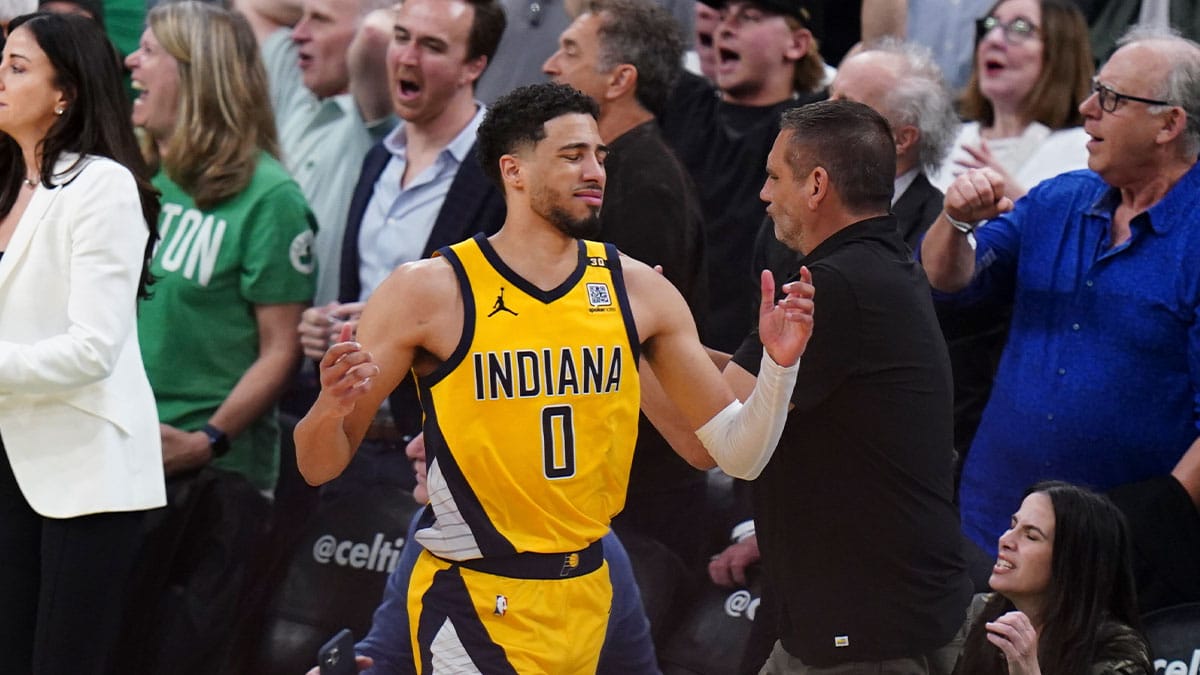
Again, it might be questionable that Rick Carlisle did not call a timeout to advance the basketball or that he didn't instruct his team to foul when they were up by three. But it wasn't Carlisle who was guilty of turning the ball over in crucial moments. Prior to the Pacers meltdown in the final few possessions of regulation, Tyrese Haliburton also coughed up the basketball when he lost his dribble, forcing Aaron Nesmith to save the ball, to no avail.
There were 27 seconds left in the game when Haliburton's turnover occurred; instead of burning time off the clock and getting a chance to push the lead to a two-possession game, the Pacers were forced to get a stop. Now, that is what they did; they forced a miss from Derrick White at the rim and they contested beautifully a tough midrange fall-away from Jayson Tatum. That, however, only served to set up Andrew Nembhard's inbound gone wrong.
And then in overtime, more turnover woes ensued for the Pacers. With Indiana down by just one, 124-123, Haliburton was trying to create a good shot to try and regain the lead. Instead, he ran into the brick wall of a defender that was Jrue Holiday. Holiday harassed him near the halfcourt line, forcing the Pacers guard to fumble his dribble and go out of bounds. This then led to a Tatum triple that essentially sealed the game for the Celtics.
But their turnover issues did not stop there. The Pacers, despite being down by four, 127-123, still had a chance to cut it into a single-possession game. They went to Pascal Siakam, who was brilliant for most of the night. However, Siakam, after driving the ball hard to the hole with his patented spin move, lost the ball after Jaylen Brown played marvelous defense.
On the night, the Pacers finished with 22 turnovers, although at least they tallied 37 assists. But it was always going to be difficult to win when you turn over the ball that often. During the regular season, the Pacers averaged just 12.9 giveaways per contest; meanwhile, the Celtics were the least turnover-prone team in the NBA, coughing up the ball just 11.9 times per outing.
Still, despite their turnover issues, the Pacers almost won the game. It was thanks to their 53.5 percent shooting from the field that they pushed the Celtics to the brink, and it did not help matters for Indiana that they shot only 10 free throws on the night compared to 30 for the Celtics. But if only they took care of the basketball at the most opportune times, then they'll be heading to Game 2 one game up in a series where only a few fans outside of Indianapolis gave them a chance to win.

